Muğla’s declared “Strictly Protected Sensitive Area” Sığla Forests, impresses domestic and foreign tourists every summer in terms of cultural tourism.
The decision has been made to register and declare the sığla forests within the natural SIT area in the Ortaca and Dalaman districts of Muğla as a ‘Definitely protected sensitive area’. The oil extracted from the world-famous sığla trees, which is sold at approximately one thousand liras per kilogram (100 gbp at the time), is used for stomach ulcers and in the cosmetics industry.
Immerse yourself in the serenity and tranquillity of a Liquidambar forest through an unforgettable jeep safari experience. Regardless of age, anyone can embark on a journey through the ancient lands of the Liquidambar forest. Our Dalyan Jeep Safari trip takes you off-road, winding through lush forest greens, woodlands, and scenic tracks, offering the opportunity to spot magnificent wildlife such as wild deer, as well as a variety of thriving birds and animals in this remarkable area.Indulge in the ultimate way to appreciate the peacefulness, wildlife, and natural beauty of the Köyceğiz and Dalyan regions.
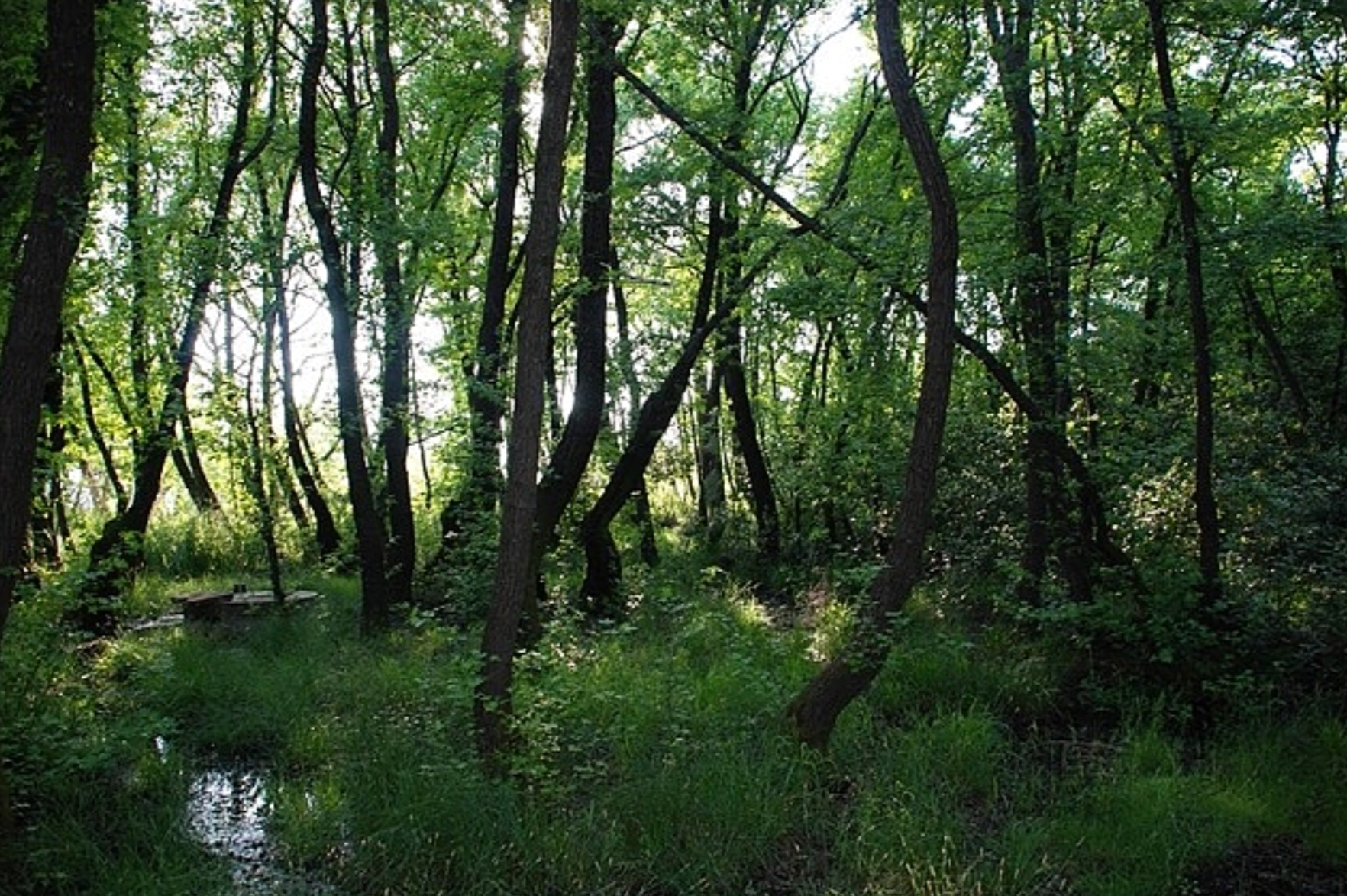
The decision of President Recep Tayyip Erdoğan, published in the Official Gazette, has determined that the sığla forests within the boundaries of the Köyceğiz, Ortaca, and Dalaman districts will be registered and declared as a ‘definitely protected sensitive area’. Sığla tree forests are remembered as a fascinating place for domestic and foreign tourists in terms of cultural tourism during the summer months. On the other hand, the oil obtained from the sığla tree, scientifically known as ‘Liquidambar Orientalis’, which was first ‘roasted’ and then ‘tearfully’ extracted, is known for its use in the cosmetic industry as well as its effectiveness against antiseptics and parasites. It is said to be very effective against stomach ulcers and is also believed to be beneficial for psoriasis.
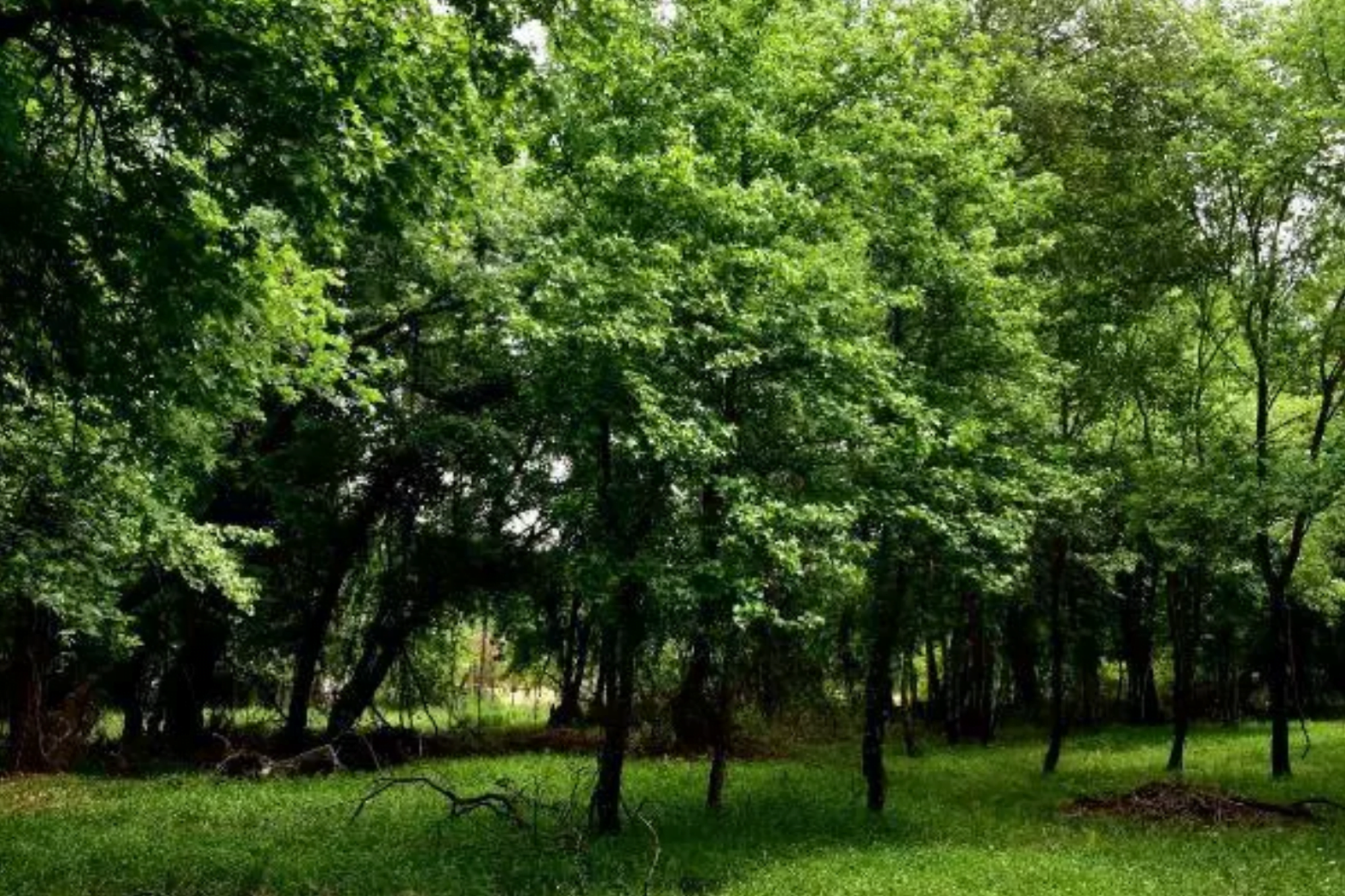
The oil of the storax tree, which grows abundantly in Köyceğiz, Dalaman Ortaca, Marmaris, and Fethiye in Turkey, as well as on the island of Rhodes and in China, is used in the production of world-famous branded perfumes and deodorants. Tevfik Tayfun Tuncay, the President of the Dalaman District Chamber of Agriculture, said, “We are delighted that the storax forests in our region are being protected. We are ready to fulfill our responsibilities in this regard. We are very fortunate as the people of this region. In addition to its forest qualities, the oil is also used in the medical field. Let’s take care of our storax forests.”
HOW IS SIĞLA (LIQUIDAMBAR) OIL PRODUCED?
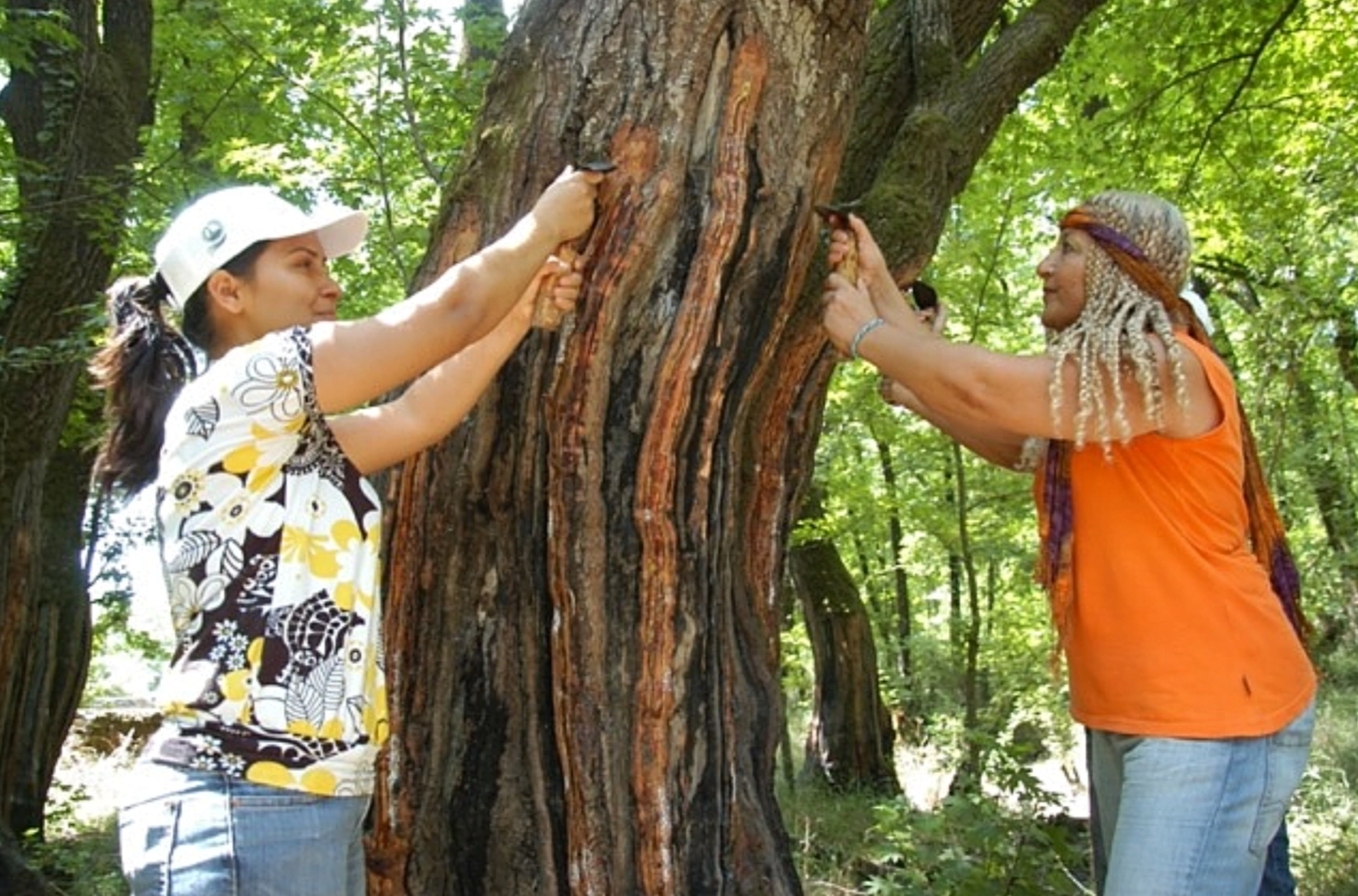
HOW TO USE?
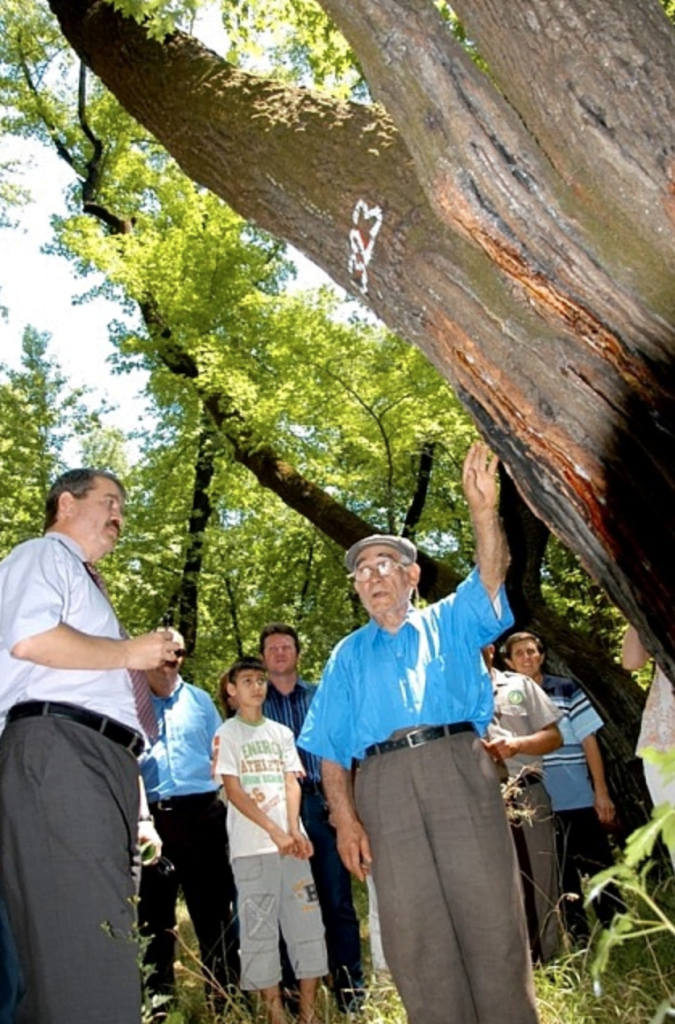


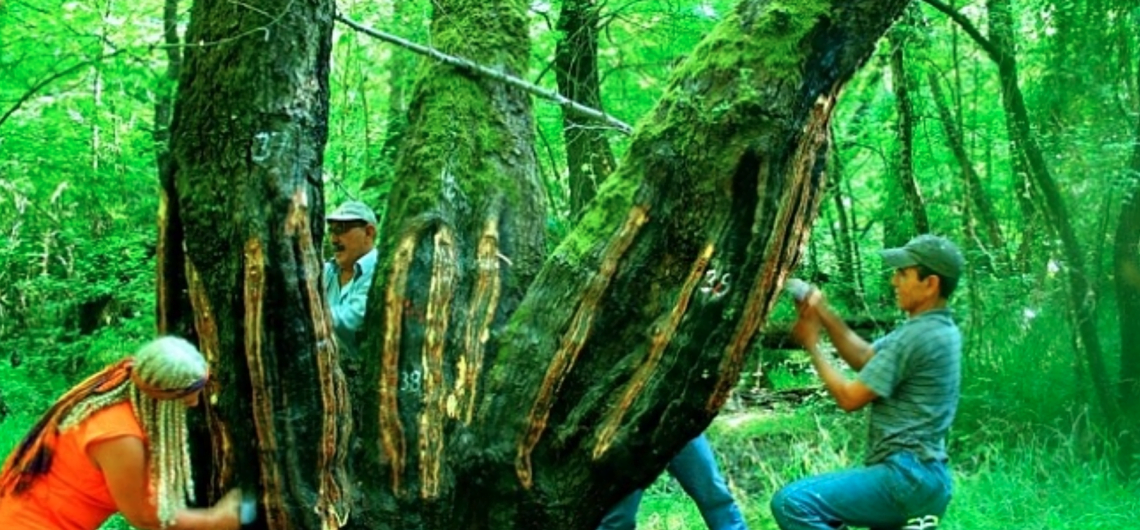
Comments